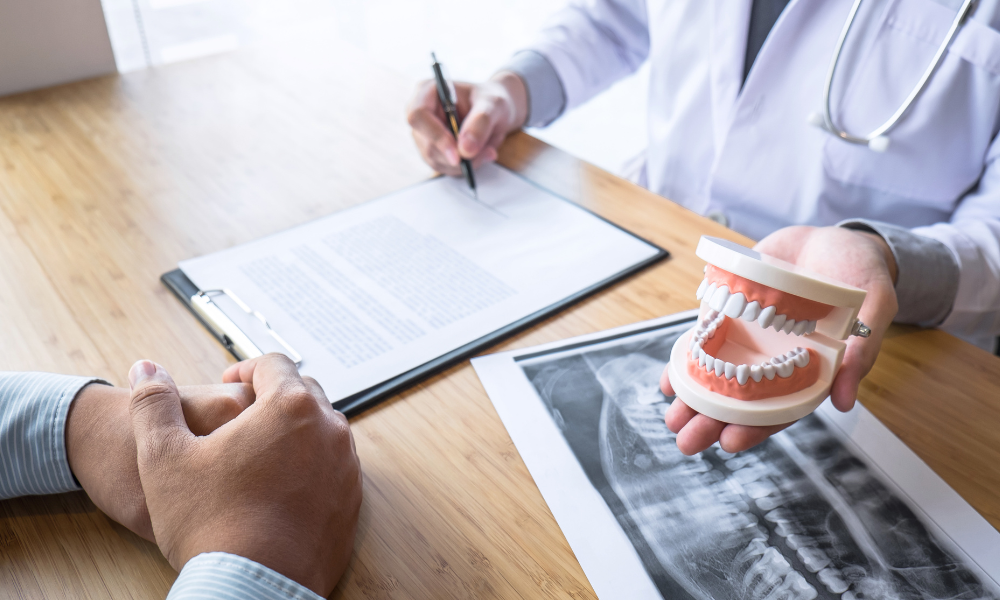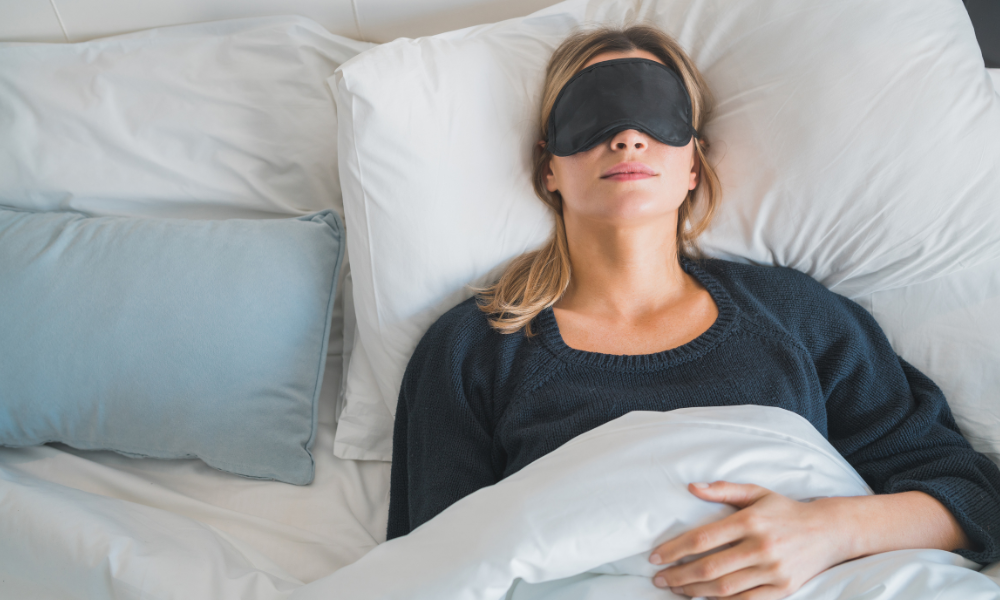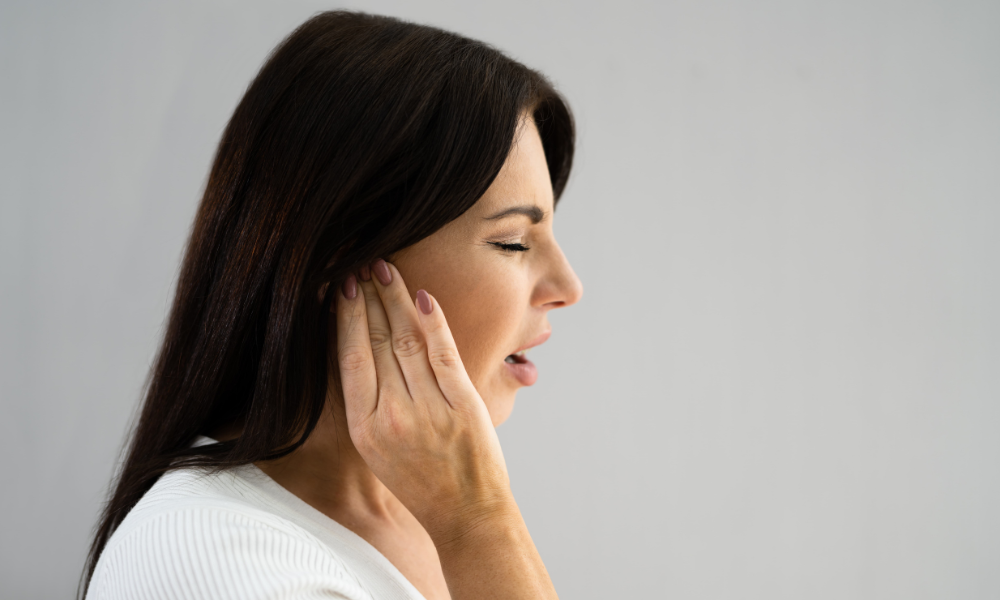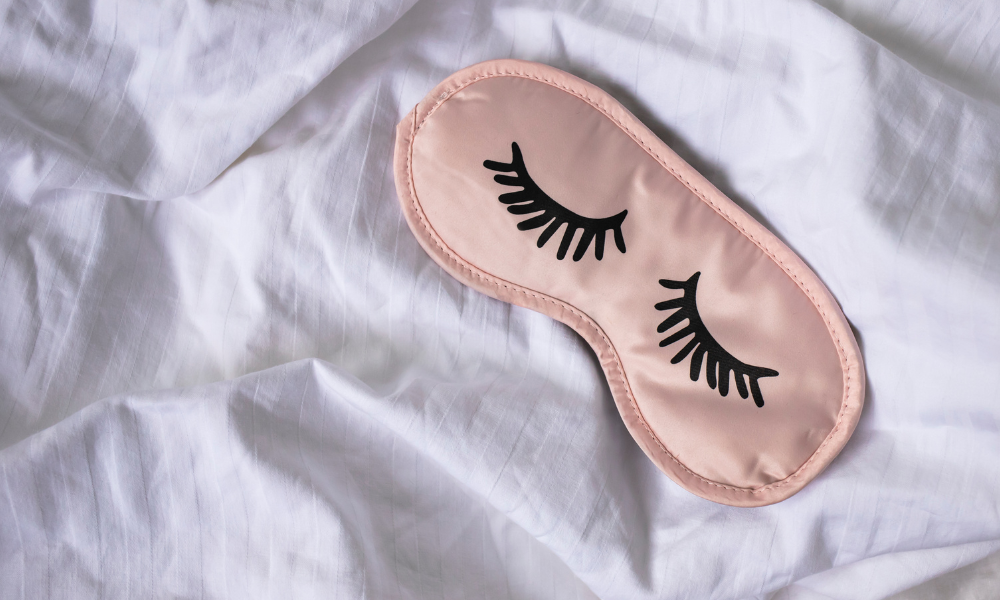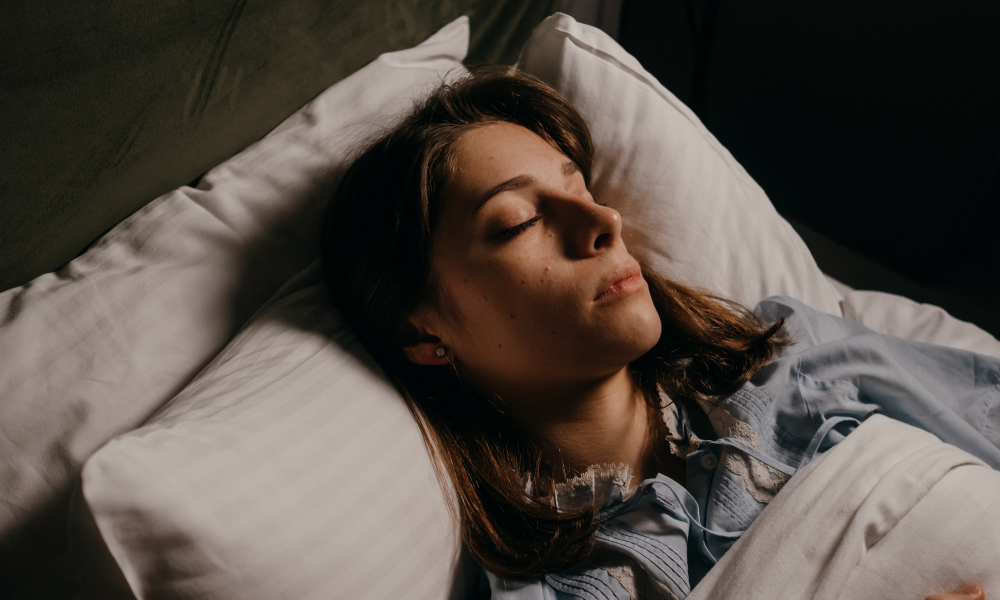
Snoring isn’t just a nighttime annoyance—it may be a clue to a deeper sleep issue. At Columbia Center for Sleep Apnea & TMJ in Tri-Cities, WA, Dr. Jared Bloxham helps patients understand when snoring signals a potentially serious condition like obstructive sleep apnea (OSA). If you’re struggling with snoring and waking up tired, it's time to take it seriously.
Why Snoring Could Mean More Than Just Noise
Snoring occurs when airflow through your nose or mouth is partly blocked during sleep, making throat tissues vibrate. This common sound, while harmless on its own, can point to obstructive sleep apnea—especially when accompanied by:
- Breathing pauses, gasping, or choking during sleep
- Daytime fatigue, poor concentration, morning headaches, or dry mouth
Many people who snore don’t realize they may be at risk. That’s why Dr. Bloxham suggests you monitor your sleep to catch warning signs early.
Simple Self-Checks to Know When to Act
You can begin uncovering whether your snoring is more than just volume:
- Record Your Snoring: Use a smartphone to capture audio through the night. Listen for loud snoring, choking, or sudden pauses.
- Track Your Symptoms: Note daytime sleepiness, memory lapses, or irritability—besides being frustrating, these could hint toward sleep apnea.
- Talk to Your Partner (or a Smart Device): Whether it’s observed pauses in breathing or restless patterns, an outside perspective is invaluable.
Risks of Ignoring Loud or Frequent Snoring
Snoring linked to sleep apnea isn’t just disruptive—it can increase the risk of serious health problems, including:
- High blood pressure and heart disease
- Persistent fatigue, poor focus, and irritability
- Cognitive decline—studies have even connected sleep apnea and snoring to earlier onset of memory issues and mild cognitive impairment
The earlier sleep apnea is addressed, the better your chances for sustained health and well-being.
Step-by-Step Guide: What to Do Next
1. Schedule a Consultation
Connect with Dr. Jared Bloxham at Columbia Center for sleep apnea and TMJ for a comprehensive sleep evaluation.
2. Consider Diagnostic Testing
A sleep study—either at home or in-lab—can assess your breathing, oxygen levels, and sleep stages.
3. Explore Treatment Options
Personalized solutions may include:
- Oral Appliance Therapy (OAT): A custom sleep apnea appliance—sometimes called a dental sleep device or mandibular advancement device (MAD)—repositions the lower jaw slightly forward. This helps keep the airway open throughout the night, reducing snoring and apnea events. Oral appliances are FDA-approved, discreet, and often more comfortable than CPAP.
- Lifestyle Changes: Side-sleeping, weight loss, avoiding alcohol before bed, and better sleep posture
- CPAP or Other Therapies: For moderate-to-severe OSA, CPAP remains effective, though many patients prefer oral appliance therapy when CPAP is not tolerated
4. Monitor Progress:
With treatment, most patients experience improved energy, better sleep, and reduced health risks.
Take the First Step Toward Restful, Healthier Sleep
If snoring is affecting your daily life—or that of your partner—don’t wait. At Columbia Center for Sleep Apnea & TMJ in Richland, WA, Dr. Jared Bloxham offers expert, compassionate care to help you address the root causes of your snoring and sleep disruption.
Schedule your consultation today and learn whether a custom sleep apnea appliance or another therapy is right for you.
Serving Richland, Kennewick, Pasco & Eastern WA | 🌐 www.columbiatmjandpain.com | 📞
509-581-4456
